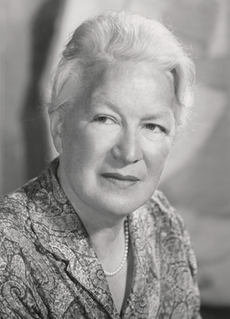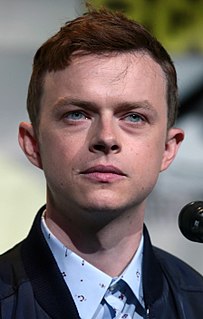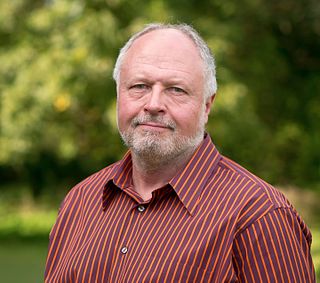A Quote by William S. Burroughs
Any unchecked impulse does, within the human body and psyche, lead to the destruction of the organism.
Related Quotes
We may treat of the Soul as in the body - whether it be set above it or actually within it - since the association of the two constitutes the one thing called the living organism, the Animate.Now from this relation, from the Soul using the body as an instrument, it does not follow that the Soul must share the body's experiences: a man does not himself feel all the experiences of the tools with which he is working.
My feeling is that a human being or any complex organism has a system of cognitive structures that develop much in the way the physical organs of the body develop. That is, in their fundamental character they are innate; their basic form is determined by the genetic structure of the organism. Of course, they grow under particular environmental conditions, assuming a specific form that admits of some variation. Much of what is distinctive among human beings is a specific manner in which a variety of shared cognitive structures develop.
Every civilized human being, whatever his conscious development, is still an archaic man at the deeper levels of his psyche. Just as the human body connects us with the mammals and displays numerous relics of earlier evolutionary stages going back to even the reptilian age, so the human psyche is likewise a product of evolution which, when followed up to its origins, show countless archaic traits.
I can only gaze with wonder and awe at the depths of and heights of our psychic nature. Its non-spatial universe conceals an untold abundance of images which have accumulated over millions of years of living development and become fixed in the organism....Beside this picture I would like to place the spectacle of the starry heavens at night, for the only equivalent of the universe within is the universe without; and just as I reach this world through the medium of the body, so I reach that world through the medium of the psyche.
A living creature develops a destructive impulse when it wants to destroy a source of danger... The original motive is not pleasure in destruction... I destroy in a dangerous situation because I want to live and do not want to have any anxiety. In short, the impulse to destroy serves a primary biological will to live.
Mastering – or, if you prefer, integrating – the psyche is the work of a lifetime….This mastery is not holding the psyche in rigid subjugation (which is impossible in any case), nor is it a matter of having a maniacally religious ego lording it over the emotions and the body. Rather, it is being centered in the still, small voice that is the true 'I' of the spirit.




































